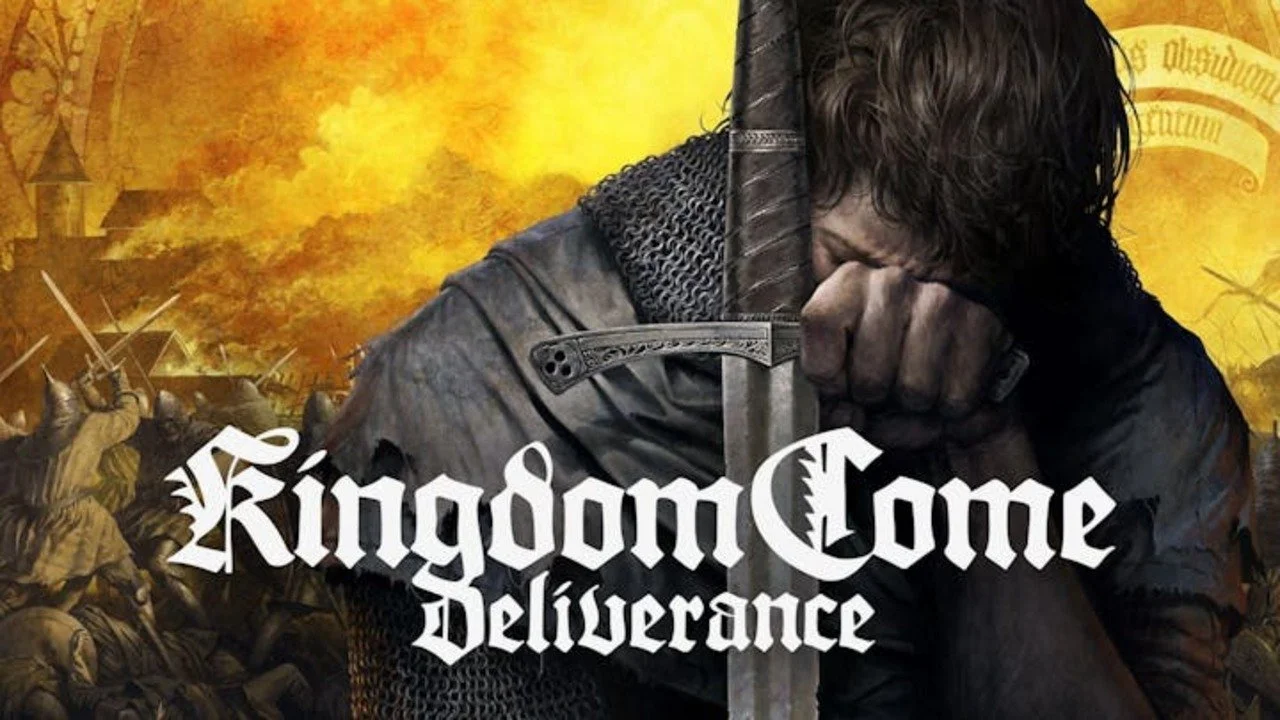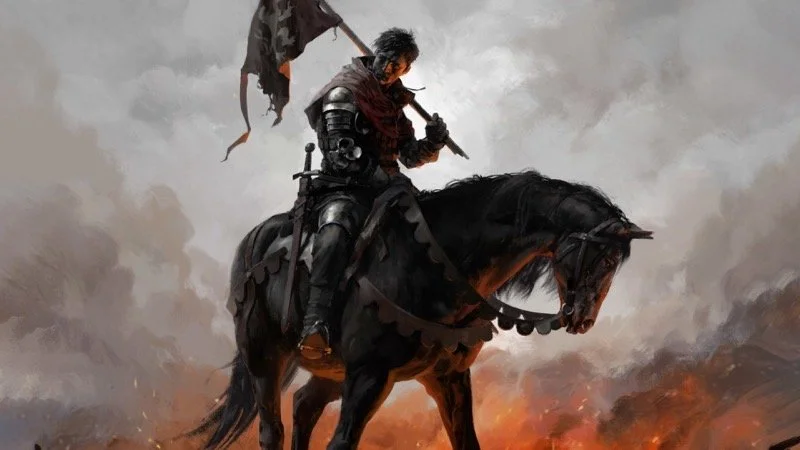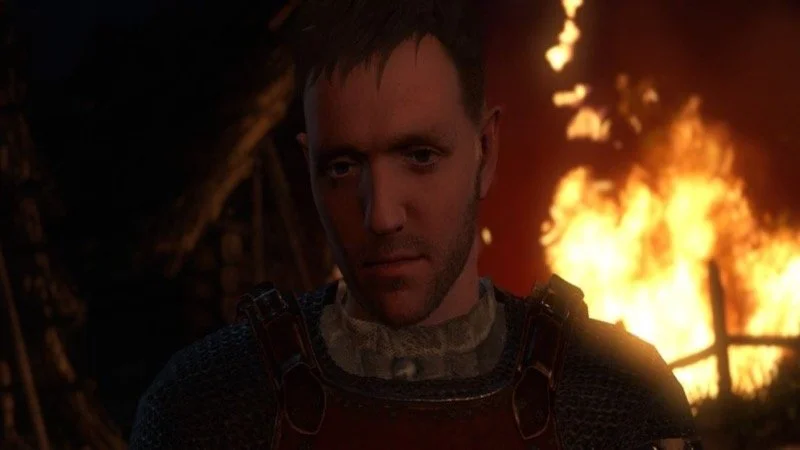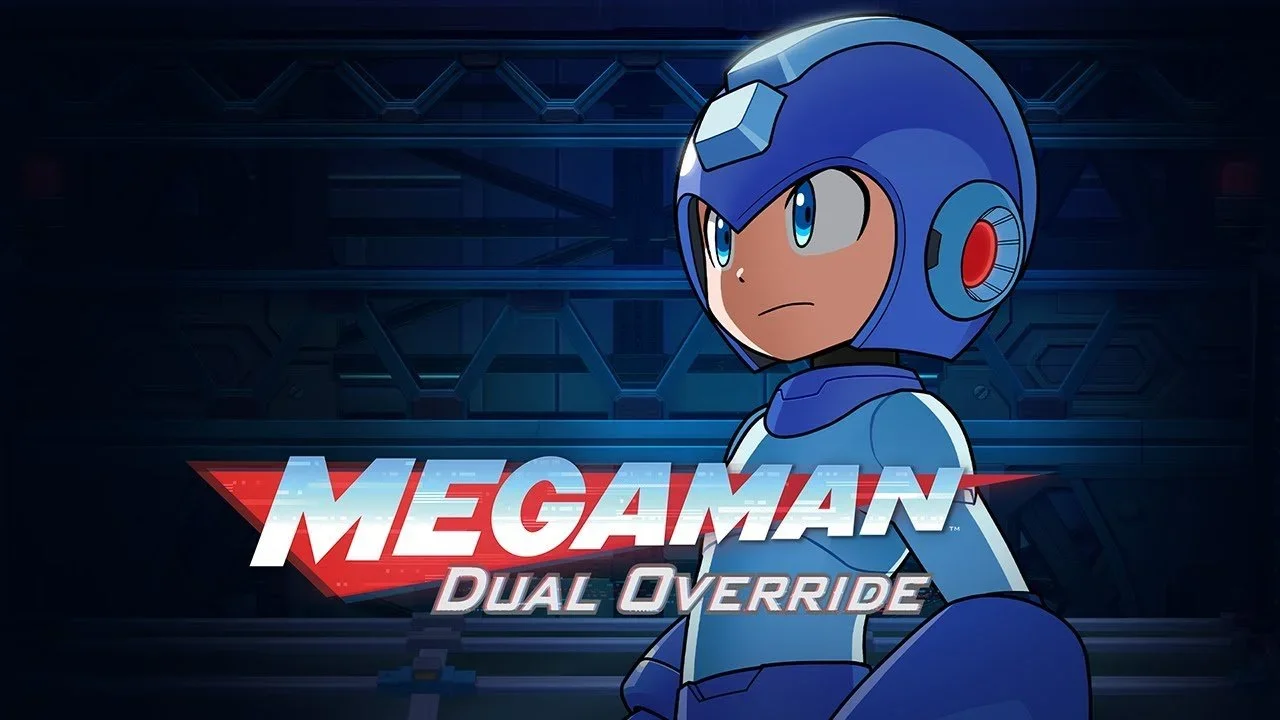'Kingdom Come Deliverance' Retrospective
Image Source: Fanatical
It's a little difficult to explain what makes Kingdom Come Deliverance (KCD) such a fun and intriguing game.
Much of this stems from the fact that the game has no singular mechanic or function that makes it stand out. The Dark Souls series, for example, has iconic challenging gameplay. Most RPGs have a form of dynamic gameplay. Many historical-esque games feature swordplay and crafting. The average modern game has gorgeous visuals.
KCD has all of these and yet none of them. Upon release, it was panned by many for its seemingly clunky control, game-breaking bugs, and distracting visual errors. But over time, people found there was a method to the madness and with the recent announcement of its long-awaited sequel releasing in late 2024, it's time to talk about this gloriously imperfect game.
RELATED:
Gameplay
We can't get far without talking about the gameplay, because it's pivotal in how many people interacted with the game, and a major reason why players were either sucked in or else disregarded it altogether.
KCD controls are a mix of incredibly clunky and brow-raisingly smooth. Button responses aren't immediate in the same way they tend to be for other games…until they are. But, most vitally, they are realistic.
Compare the dismounting of a horse in KCD to, say, Dragon Age Inquisition. The latter's animation is relatively quick and smooth—it has to be. No one wants to waste precious seconds mounting and dismounting your steed when the whole point of having it is to get somewhere faster. But KCD, the act of dismounting is full of minor camera shifts and character movements, movements that feel real when you consider you are swinging half your body over the broad hindquarters of a large animal while in plate armor.
Image Source: Good Old Games
And there are other things as well: you get better speed and handling on your horse based not only on how skilled Henry is but what type of girdle and horseshoes you invest in. You can't dodge as quickly because you're wearing a plate and can when you're not. When you pick up a polearm you can't simply swing it wildly about because it's a large, cumbersome, and heavy stick that's taller than you. Warhorse Studios does an excellent job making Henry's movements very organic, yet clumsy in that lanky, teenage kind of way.
Which in turn bleeds into the combat. Kingdom Come Deliverance's combat, admittedly, made or broke the experience for many players, not because it is difficult, but because the learning curve is steep. Rather than simply pushing buttons, KCD's adherence to realism means that it does its best to have its players mimic the movements needed to wield their weapons. In a style seemingly borrowed from the likes of For Honor, one's left stick or mouse will get a bedlam of movement as you're made to not only learn how your weapon moves, but how your enemy's weapon does as well.
Furthermore, it's not simply the movement that's important, but the timing. Speed and direction are vital when it comes to combat, your redial is sensitive (until it isn't, because stamina), and therefore movement direction must be precise. And not only are certain combos limited to certain weapons, but your defense must also be top-notch, as just as a combo or two can ravage your enemy's health, that roadside bandit may have a trick or two up his sleeve that can render a cocky player bleeding and near death in a heartbeat.
Tired of ineffectually waving a slab of steel around? Try archery! It can be a game changer—assuming you can get the hang of it. After all: there are no reticles in 15th-century Bohemia. And if you don't gain the experience and strength to pull the increasingly larger and more powerful longbows, you're more likely to hurt yourself before you put a dent in the fully armored bandit chief hurtling towards you.
It's a frustrating experience for many because it's quite easy to forget: it isn't just you who is new at this—your character Henry is as well. He is a peasant, whose only experience holding a sword until now has been polishing them at his father's forge. He doesn't know how to fight; heck, to start he doesn't even know how to read. And you can't just perk and upgrade your way into magically learning how to either; you have to practice, practice, practice. You have to be taught, and you have to run drills until those lessons are ingrained.
The upgrade system is much the same, with few perks making huge differences in Henry's experiences or combat styles. While you certainly may find some serve to grease the wheels (the number of times the “Headcracker” perk allowed me to cut a fight short by simply bashing my opponent over the head a handful of times and watching them crumple into the dust…), by and large, the perks are meant not to make Henry superhuman, but to be a reflection of his experiences and your preferred playstyle. That's why some perks, like increased vitality, are hidden and largely only unlockable by certain actions like picking flowers—explained in-universe by Henry gaining resistance to thorns and stinging nettles because he's stopping every five minutes to pick some from along the road.
Image Source: wallapper.mob.org
By that same coin, many perks have downsides, double-edged swords, or unexpected benefits or consequences to them, because Henry is only human and he's going to have flaws. Choosing perks that provide you benefits for being more studious may, in turn, reduce your combat capabilities, since Henry is seemingly spending an inordinate amount of time indoors pouring over tomes rather than traversing the countryside. Deciding to emulate nobility in the way you speak and interact with people in turn distances Henry from the common folk but can also make those same folk more willing to give you what you want in turn, be it information or coin.
Visuals
Of course, if you're feeling salty with the combat, you can always get wrapped up in the visuals. KCD looks amazing for its time (though there may be the occasional graphic hiccup). Bohemia is lovingly rendered, from its sprawling fields to its dense forests, from its accurate sunrise and sunset directions to its period-accurate star positioning and constellations (vital to know in hardcore mode, with no fast travel, icons, or marked compass).
Image Source: PC Gamer
Merchants' shops and locations are period accurate as well, placed with meticulous care based on their usage. Blacksmiths, charcoal burners, mills, and bathhouses are all located near bodies of water. Inns and churches are in the middle of town. The urine-using tanners are always on the town outskirts for, well, understandable reasons. There are even small channels along the more sophisticated roads to allow rain drainage and constant piles of horse poop left on the streets. Odd details of course, but accurate ones.
This even extends to matters such as clothes and armor. Some may seem silly by our standards but wearing certain artistic pieces can trick NPCs into completely shifting their attitudes. Wearing your late mother's hand-knitted scarf may be a sentimental gesture, but the shopkeepers are more likely to respect you and be less willing to cheat you if you're wearing what is apparently the latest fashions of Prague. You may have gotten your arms and armor piecemeal from a dozen different stripped bandit corpses and a few plundered graves, but once you wash the blood off, a high-quality chest plate from Kuttenburg is still a high-quality chest plate from Kuttenburg, and most peasants aren't exactly going to check before they decide you must be a knight or minor Lord.
Story
But of course, one cannot discuss KCD without discussing the story.
At the core, the story is that Henry, a blacksmith's son whose parents are killed in an assault on his hometown of Skalitz, a real-world location that was, in fact, destroyed under the direction of King Wenceslas to deprive his half-brother of loyalists and resources. Throughout the game, Henry's main motivation is to retrieve his father's last project, a sword forged for their liege lord, Sir Radzig.
Each quest, be they side or main, is often full of various methods of completion and often done to your ability, investment, and cunning. If you want to be a charming silver tongue, extracting information and extrapolating clues to reach what you seek, go ahead. Maybe you're the stealthy type, sniping from afar, cracking the most difficult locks with ease, and stabbing people from behind. That's also a method. Or maybe you just want to punch everyone's faces in.
The game often gives little direction besides nudges here and there. It is all too easy to miss a clue or go in a specific direction that shifts your prerogatives or even changes the type of cutscenes you receive. If you're not paying attention, you can miss deadlines for quests entirely; the world is not static after all. While you're trying to solve a mystery, other people are doing their best to ensure you don't. And in other cases, you're expected to simply know certain matters because Henry would know them.
One great example of this is a quest in which you must determine if there are “heretics” in the region using the riddled confession of a tortured man. It's a long winding road from there—your choices, from whether you've learned to read or not to how stealthy you are to what your beliefs are can make things better or worse and the game doesn't try to convince your pursuit of one choice or the other.
Furthermore, the way that you go about solving the aforementioned riddle is very hands-off, as far as the game is concerned. It's up to you to use context clues, biblical allusions, and a not-inconsiderable amount of common sense to find your quarry and get the answers you seek. In the end, it's down to Henry.
Image Source: ShackNews
And that is what makes Kingdom Come Deliverance a masterpiece of gaming. It's not simply a matter of playing a game but raising a son. Henry is not the hero of the story, but it is still his story. Whether you guide him along the path of chivalry or model him into a scoundrel, at the end of the day Henry is a human being with his own goals—get revenge and retrieve his father's sword. When you compare Henry to the types of protagonists you see in other RPGs like Fallout or Dragon Age, you come to see a fundamental difference: rather than your character becoming you, you become Henry. You're not a prince. You're not a superhero. But that doesn't make your story not worth telling.
That's what makes KCD such a fascinating, unique, and yes, difficult experience. An expert Dark Souls player can memorize every boss move, every shortcut, every hack and go straight from Firelink Shrine to Gwyn, Lord of Cinder himself with nary an upgrade to their name. But you can't do that Henry, even if you've beaten the game a half dozen times. In every playthrough, Henry will always start as that awkward blacksmith's apprentice, and in every playthrough, you must build him back up. It can be a lot of work, and it's understandable why many drop away from it. It's an investment every single time but one that's incredibly rewarding to achieve.
At the end of the day, Kingdom Come Deliverance is a game that you simply must experience for yourself. But love it or hate it, whether you pick it up tomorrow or a decade from now, Henry will always be willing to come see you.
Rating: 9/10
READ NEXT:



















